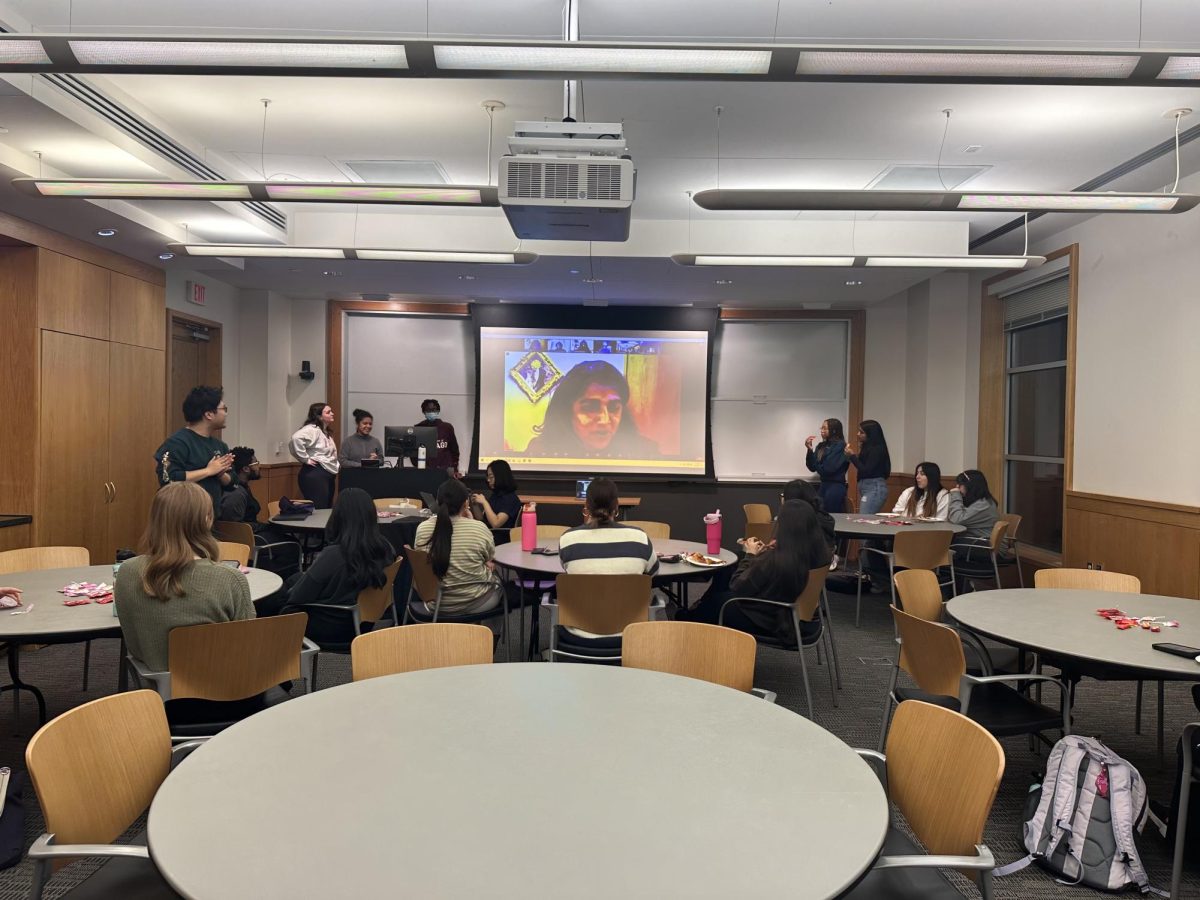Students often accept headaches, neck pain, and fatigue as symptoms of college life. But one TCU professor said these are actually signs of chronic stress.
Debbie Rhea, associate dean of Harris College of Nursing and Health Sciences and kinesiology professor, spoke to a group of Neeley Fellows last week about stress management and the effects of chronic stress on the body.
Neeley Fellows is an undergraduate business honors program in the Neeley School of Business. Neeley Fellows take honors courses as a cohort, must maintain a 3.5 cumulative GPA, and complete departmental or university honors. Neeley Fellows also attend travel, service and co-curricular activities during the program.
The workshop is part of the program’s “Lunch & Learn” series. Laura Barclay, director of Neeley Fellows, said the series focuses on topics that are of interest to students and is meant to help in their development.
During the workshop, Rhea gave the Neeley Fellows tips that all TCU students can apply to their lives.
Rhea emphasized the importance of using a calendar and “chunking” your schedule into blocks that allow adequate time for exercise, meals, and sleep.
If stress isn’t managed properly, the symptoms of chronic stress can manifest into much bigger problems later in life, such as ADHD and arthritis, Rhea said.
Rhea founded the LiiNK Project, a program focused on increasing recess time in elementary schools. Rhea said physical activity is just as important in the lives of college students, especially when it comes to stress management.
“If [students] are studying at home or at the library, they have to get up and get away from it every 45 minutes to an hour to let that brain refocus,” Rhea said.






